Teens run on minimal sleep and consume social media at high rates: a cocktail that creates a toxic inner voice. We drown ourselves in constant comparisons to influencers, eat too much or too little, and fall deeper into a loop of anxiety. Academic and family pressure overwhelms us as a whole, and we study fields that bore us to death. However, social media platforms like TikTok and Instagram magnify our personal worries into undeniable evidence of depression. Without any proof, labels are slapped on users who casually scroll through their feeds.
Teens, who search for identity and connection, believe these signs as gospel. Misdiagnosis and self-labels create a culture where normal emotions feel like a crisis. Stigma surrounds mental health, so teens fear judgment or seek validation through fabricated symptoms.
Take the current trend of self-diagnosing ADHD. Many platforms display hundreds of posts with simplistic checklists—shout out answers in class, forget to bring materials to school, or daydream during a lesson. These catalogs often ignore the grave problems of the disorder, and lead many to wrongly believe they suffer from it. Rather than provide clarity, these deceptive posts spread confusion.
The issue extends beyond ADHD. Videos that claim to explain depression or anxiety often rely on generic symptoms that nearly everyone experiences at some point. “Feel tired all the time? You could have depression.” “Feel nervous before an exam? You might have anxiety.” These surface-level statements give everyday stress the weight of a medical diagnosis. Teens latch onto these ideas and often mistake typical adolescent emotions—stress from exams, fights with friends, uncertainty about the future—for clinical mental health disorders.
In reality, professional diagnoses require thorough evaluation. Mental health professionals consider patterns over time, life context, and how symptoms affect daily functions. A quick video or checklist on social media can’t replace expert analysis.
Freshman Jason Kim reflected on his actual experience with social media. “While I scrolled through Instagram reels, a post about ADHD symptoms caught my eye. It claimed you could verify ADHD in just one minute. Some symptoms applied to me, and for a moment, I questioned my own mental state. But reading the comments made me realize the information lacked credibility,” Kim said.
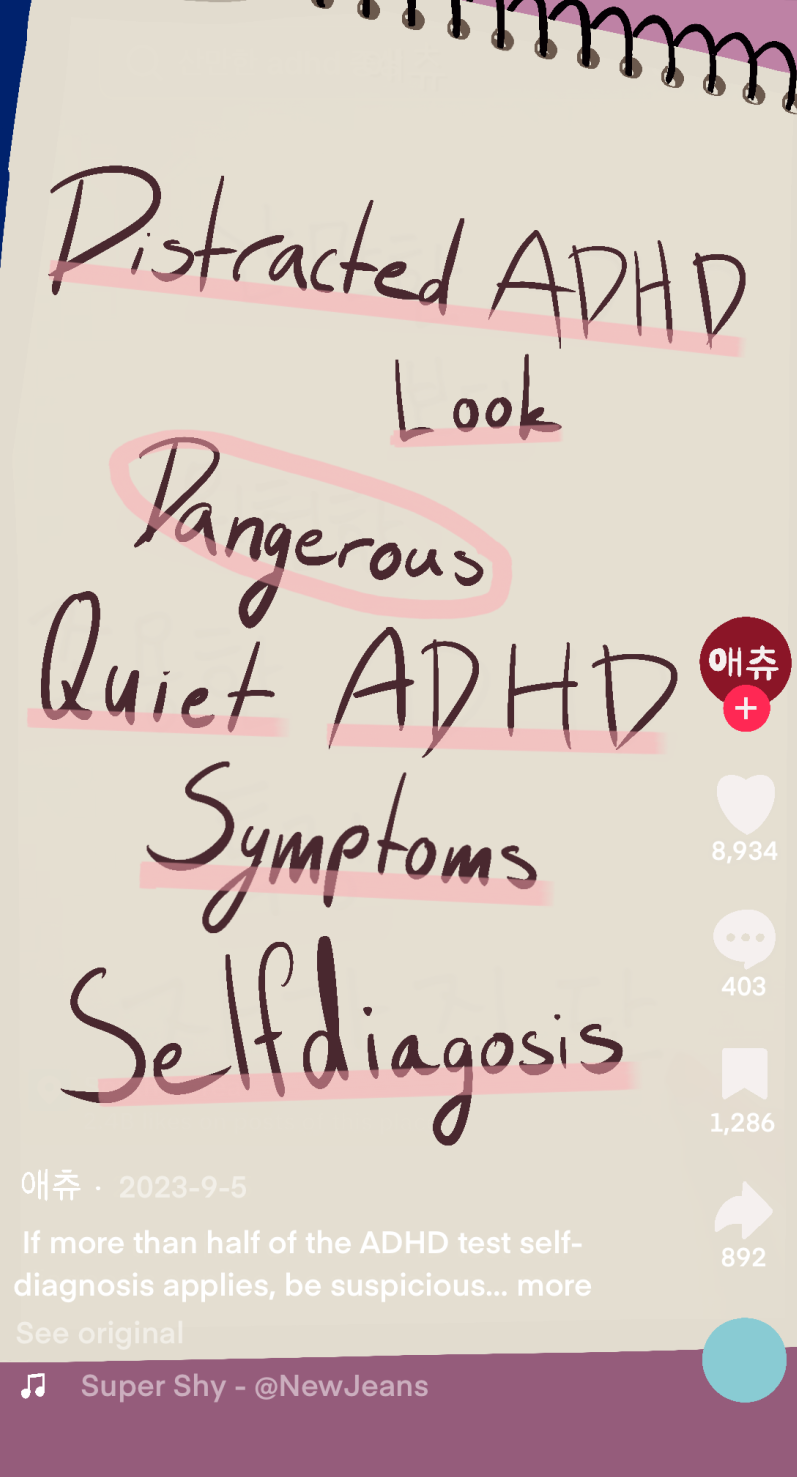
This toxic combination of misinformation and self-diagnosis leads to serious consequences. As teens label themselves with disorders they may not have, they risk misconceptions of their own emotions. On the flip side, teens with actual mental health conditions may avoid professional help and believe their experience mirrors what they see online and think it’s just a “phase” or “trend.”
“I find that social media is very great in the sense that it opens information to the public but I think it can be a double-edged sword in the sense that we are not experts in the field of diagnosing mental health or physical health. So, it can be a dangerous route to lead because we can start believing things or being nervous about things that actually may not pertain to our experience,” middle school English teacher Ms. Nagy said.
Platforms like TikTok and Instagram thrive on quick, digestible content, and mental health topics often get oversimplified to fit this format. In the pursuit of likes and views, influencers create content that can mislead gullible viewers.
While some creators share helpful advice and raise awareness, many lack the expertise or nuance required to discuss complex mental health issues properly. The constant stream of such content makes it difficult for teens to distinguish between legitimate resources and harmful misinformation.
Ms. Corrine Spaeth specializes in social and emotional counseling at DIS, and she points students in the right direction. “Sources such as National Alliance on Mental Illness, Nemours Teen Health, and Daegu Youth Medical Health Center will offer official mental health symptoms and teens can get guidance for further treatment,” said Ms. Spaeth.

















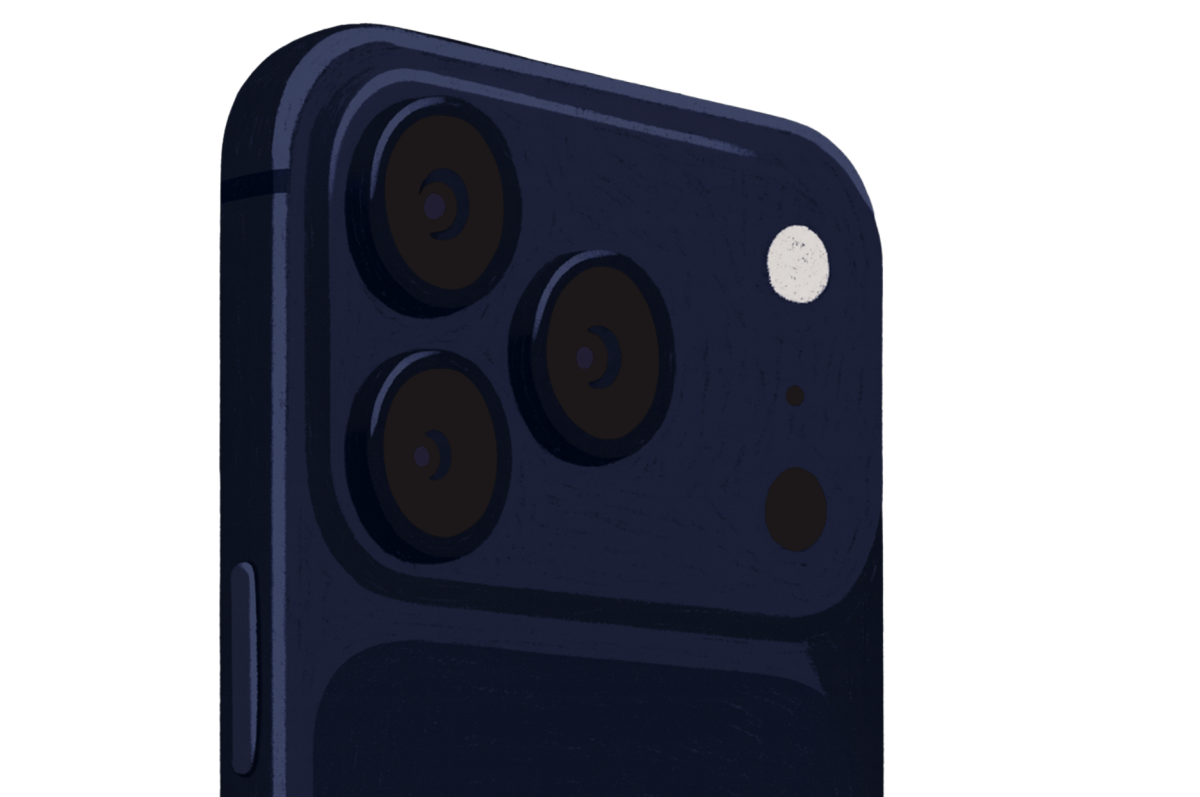
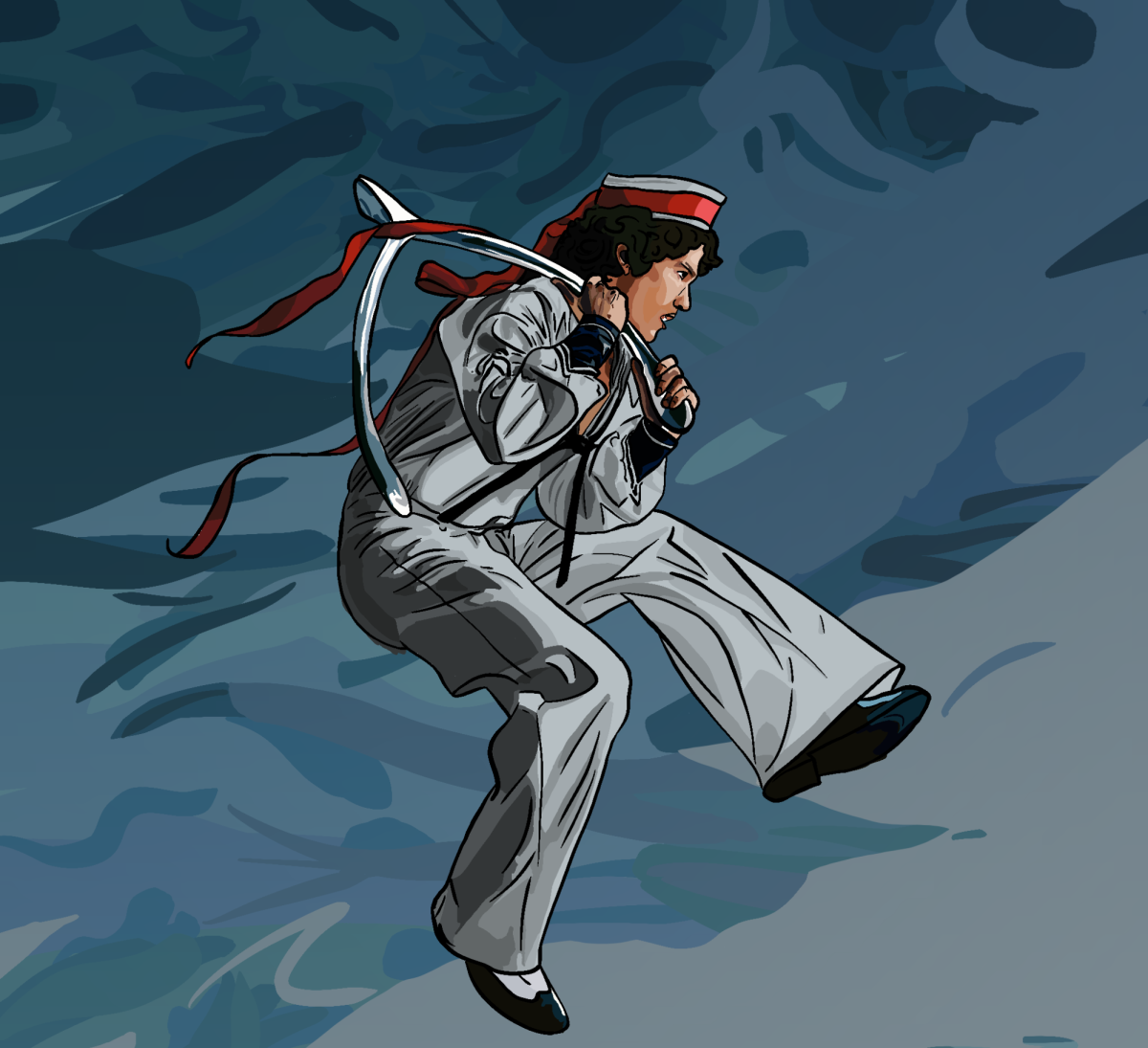












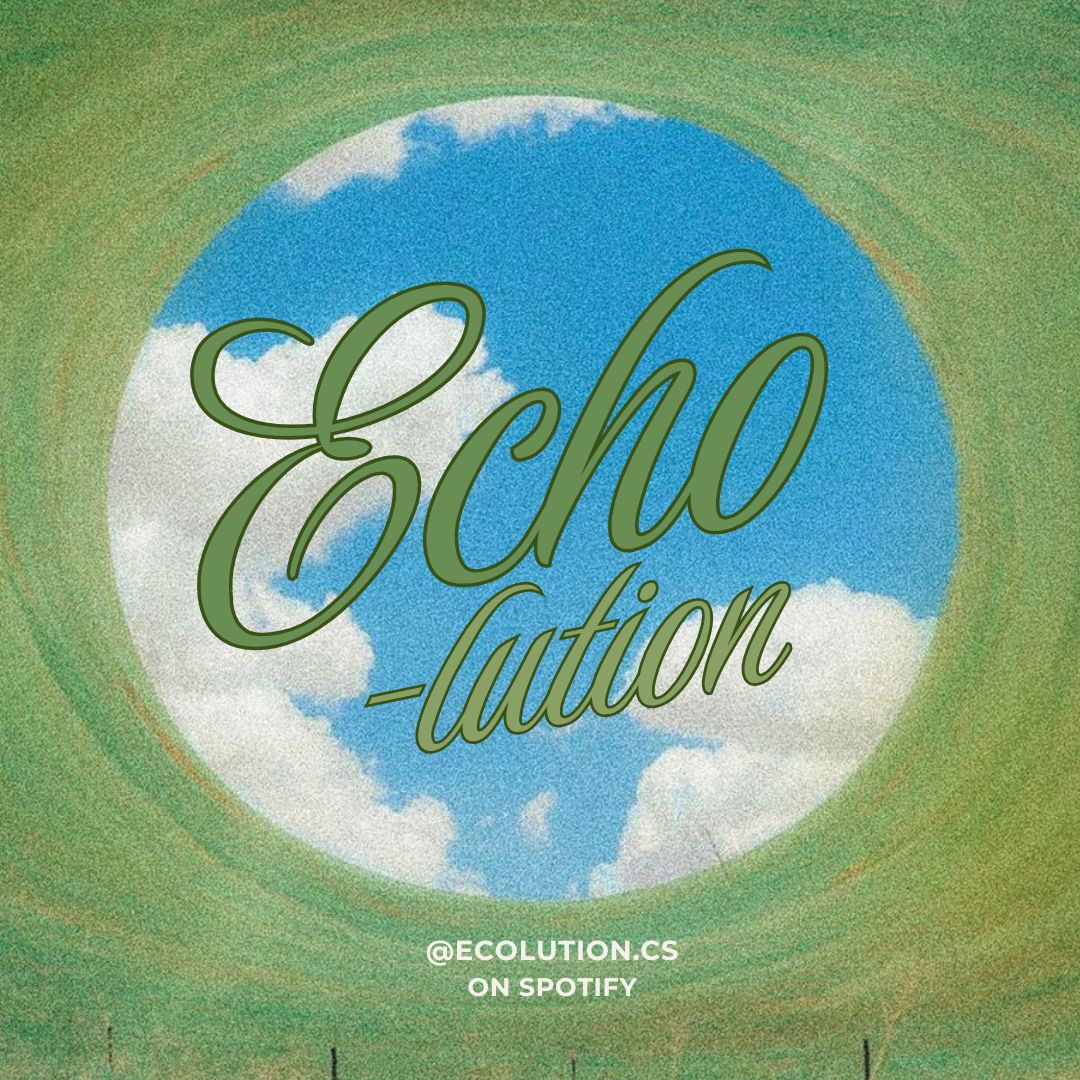


















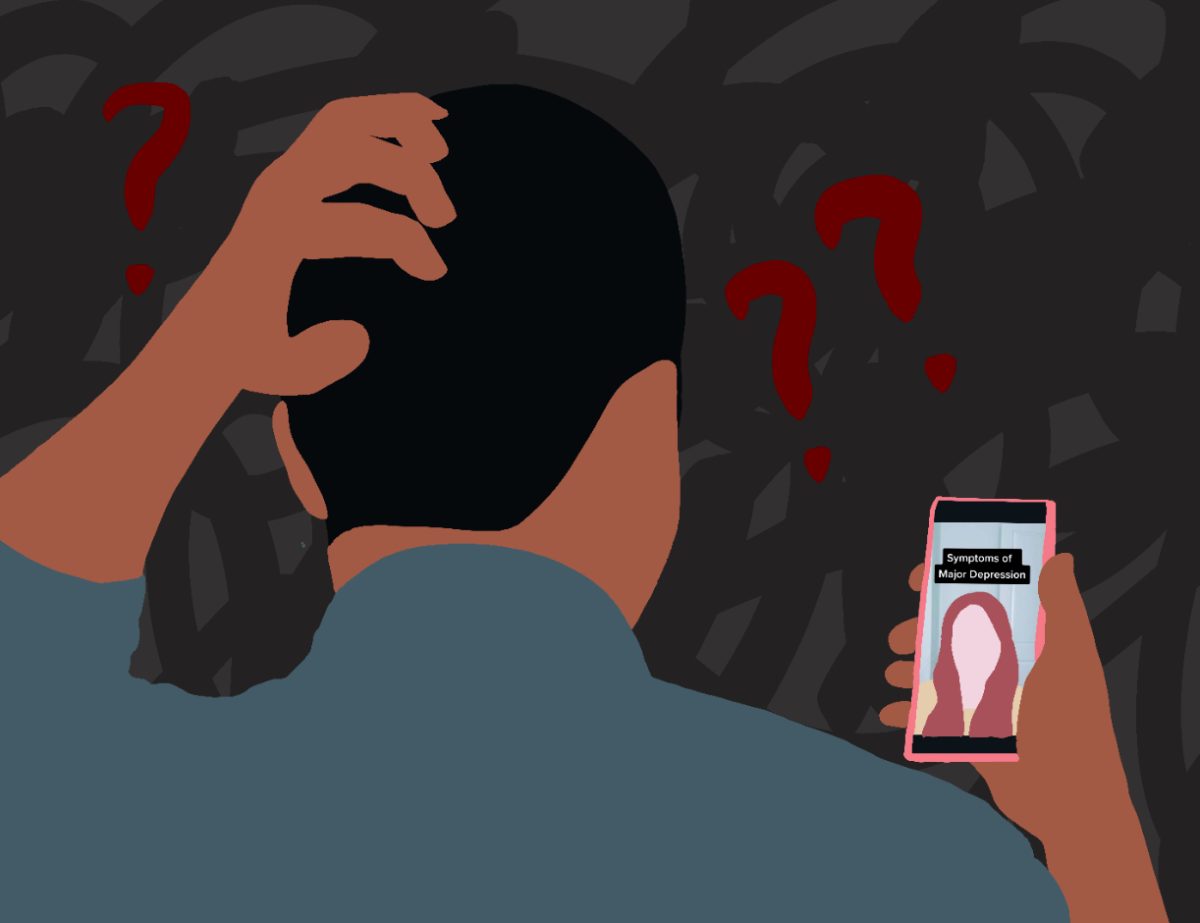

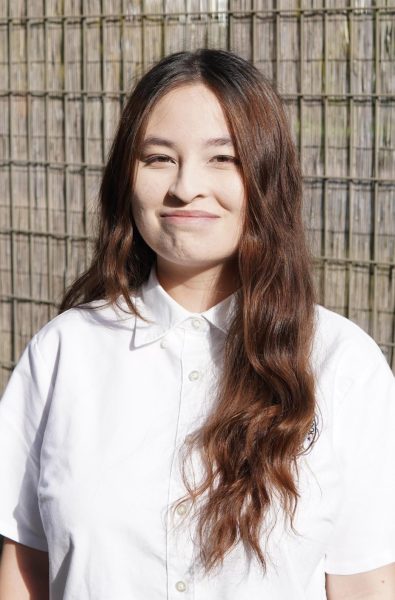
Olivia Park • Sep 26, 2024 at 7:28 pm
I didn’t realize that watching TikTok would even influence us as students to even be diagnose with ADHD, I was shock! This is definitely a good article to learn about! It would have never even know!
VOlt • Sep 26, 2024 at 7:25 pm
When I was sick, it was not a big thing but after searching about is it made me feel more sick than I am so I felt very anxious and nervous about it.
Lily • Sep 26, 2024 at 7:24 pm
Love it!
I also think TikTok is not that good.
Thank you!
Eddy kim • Sep 26, 2024 at 7:23 pm
i also thought i had ADHD because of tiktok